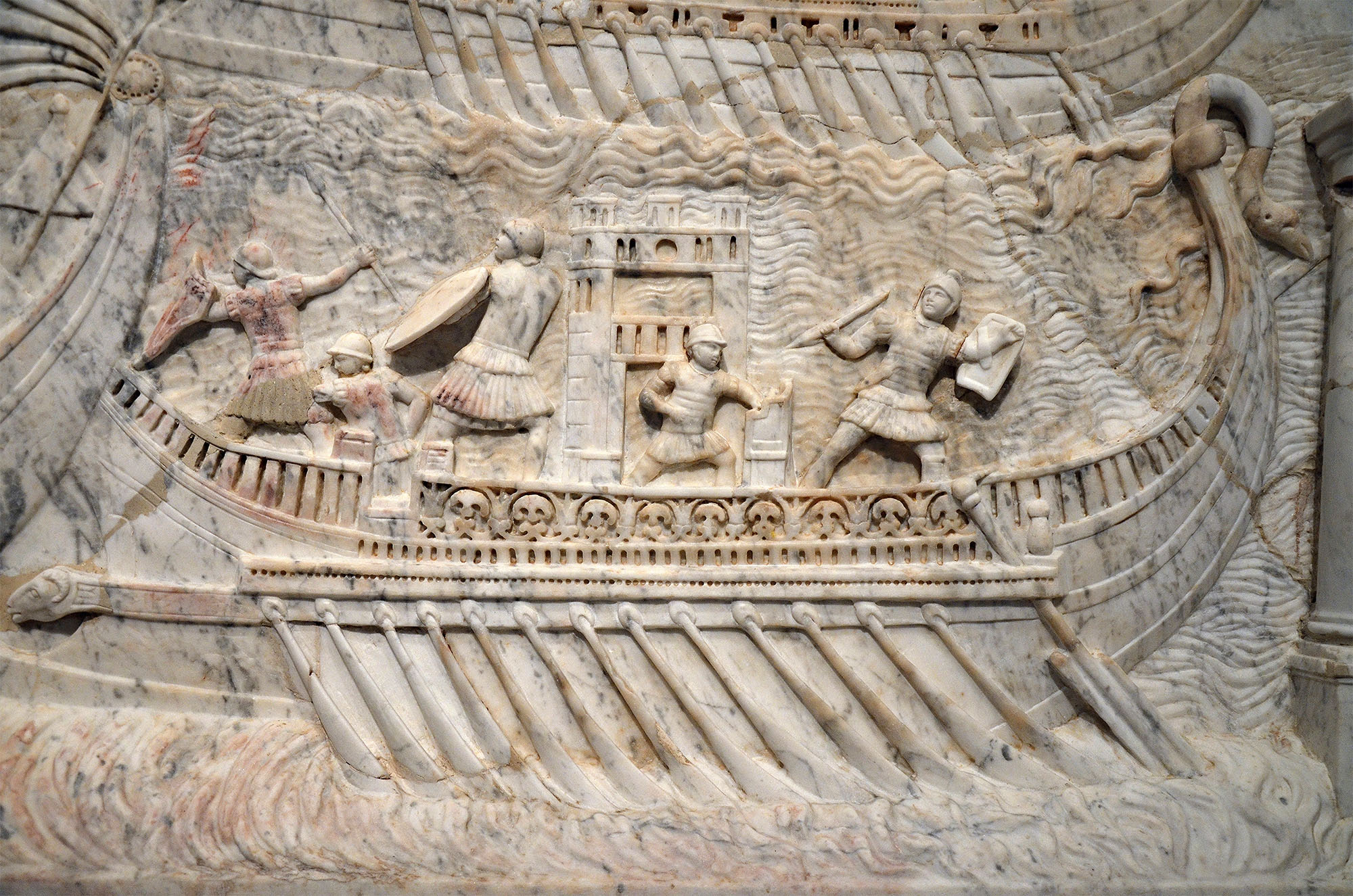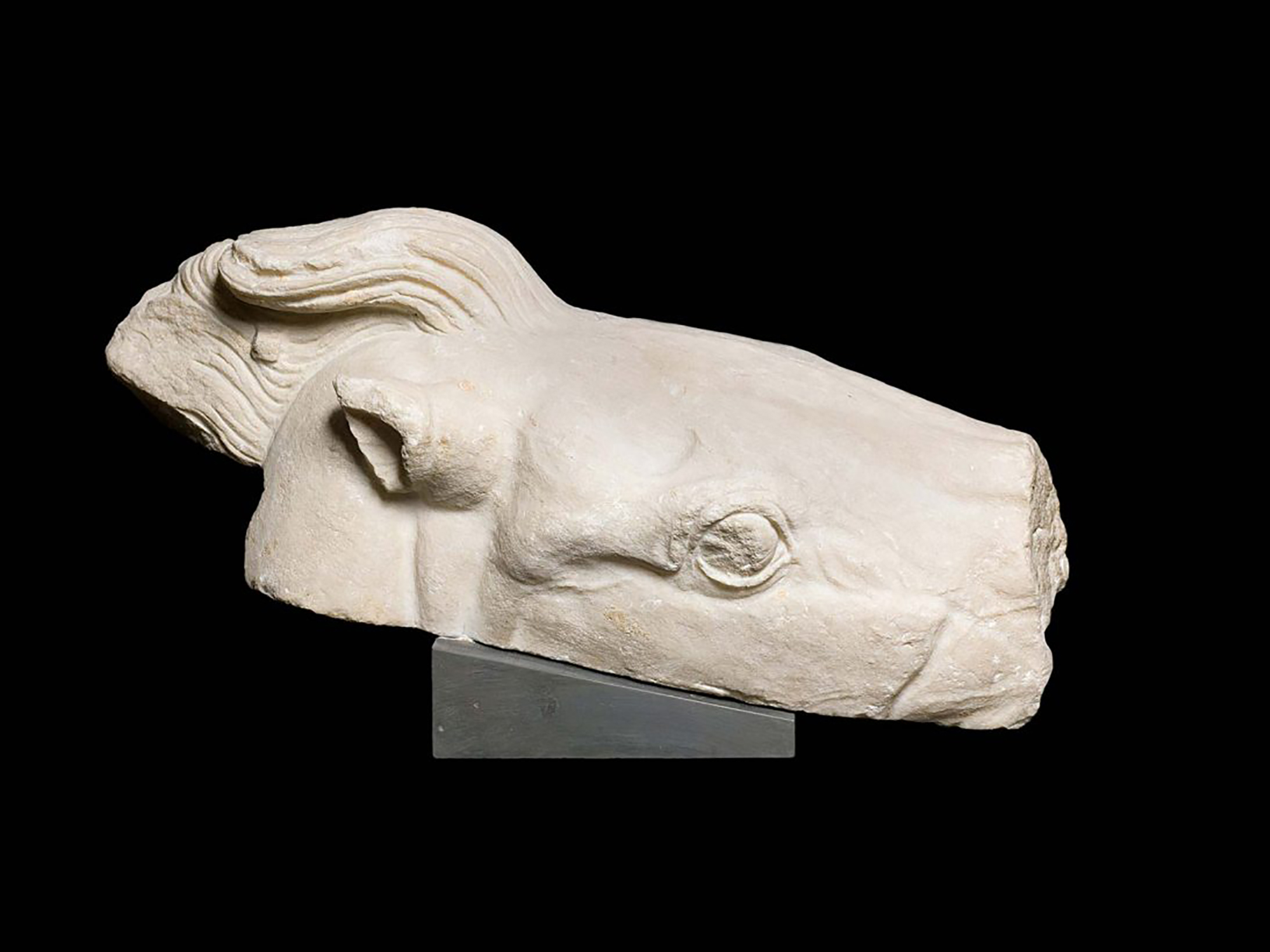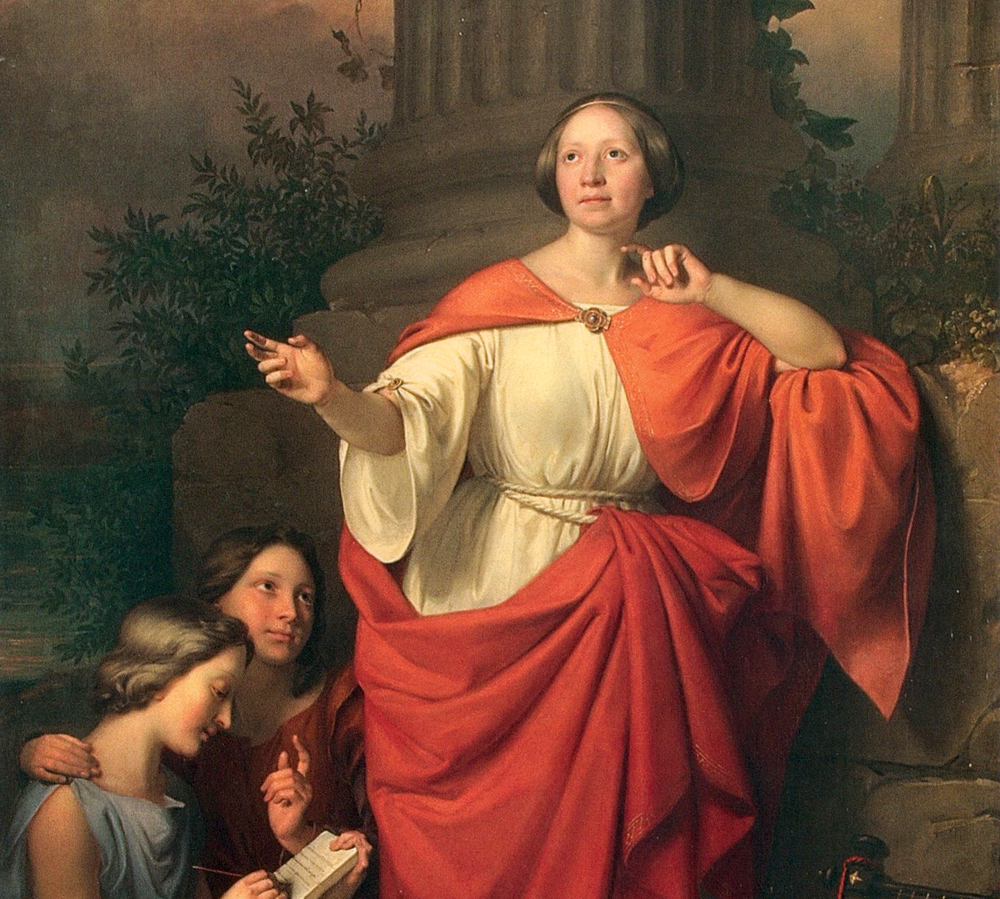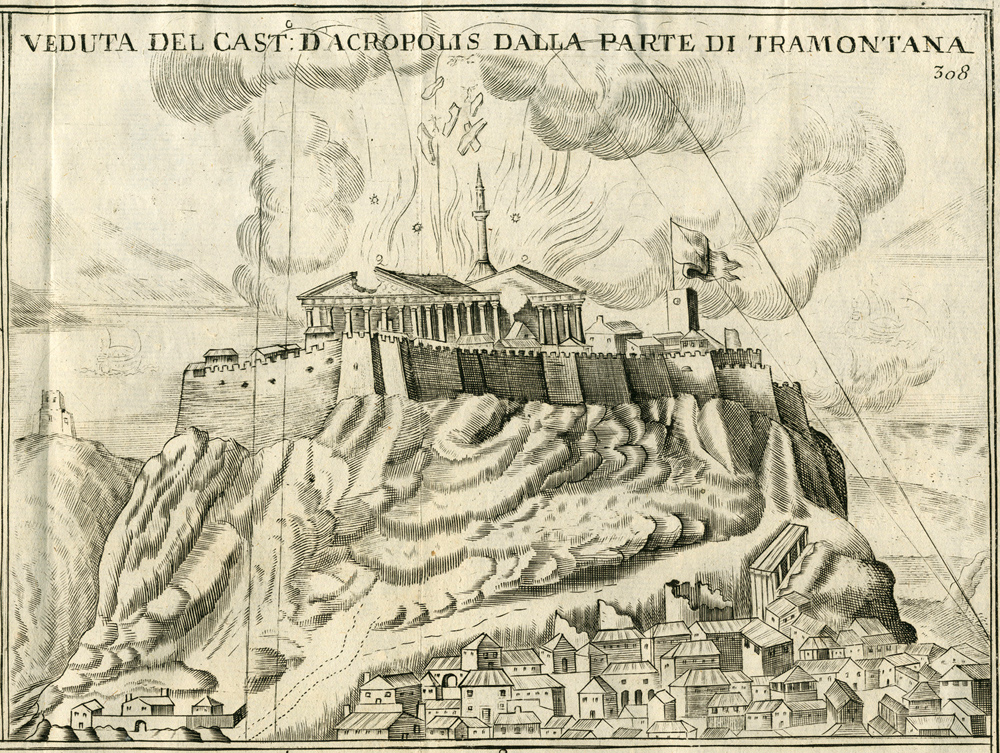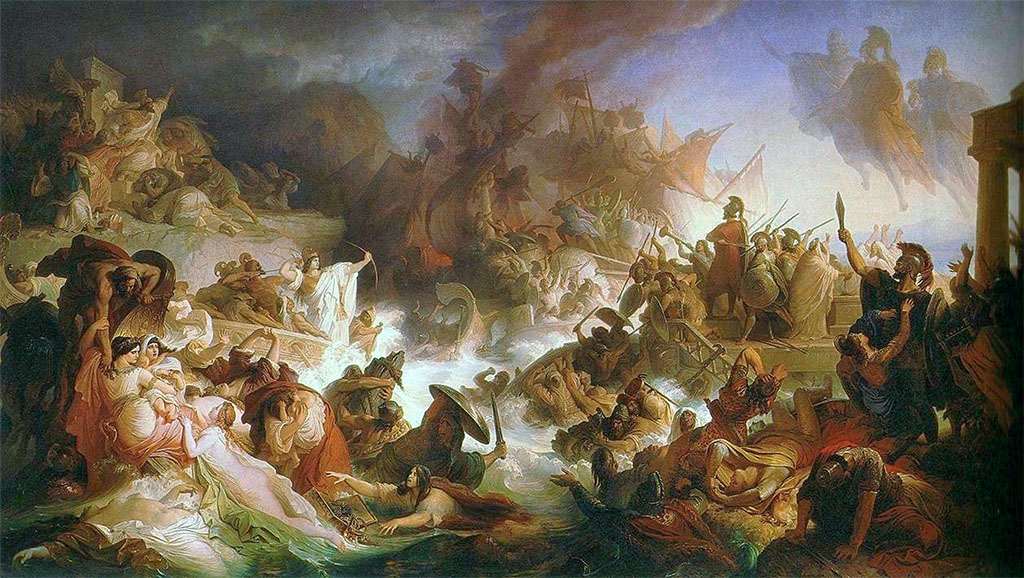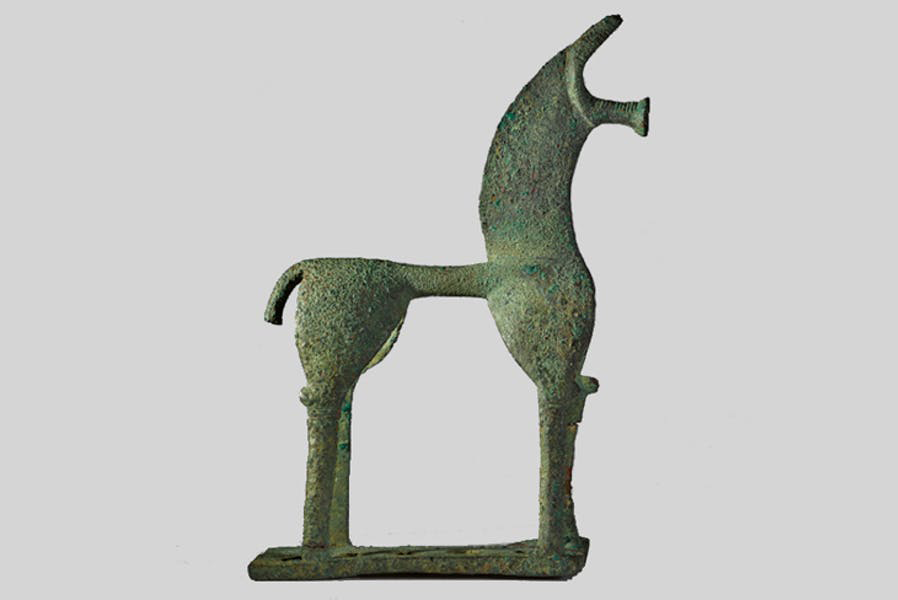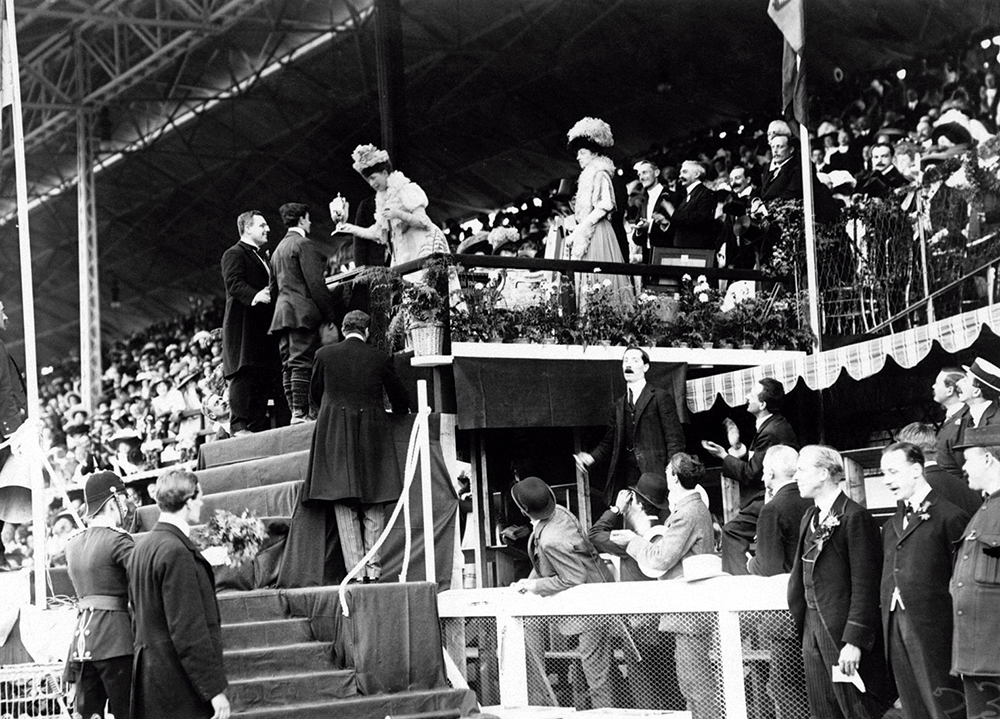Democracy by lot

Athens, c. 330. Aristotle (c. 384-322) He wrote policy. And in this work, among many other contents, he collected the norms of democratic practice. These nine standards are summarised in:
– The collective choice of all magistrates.
– That everyone and everyone should send on each and every one, in turns, on all and all.
– All public offices or not requiring experience and know-how shall be awarded by lot.
– that the person does not hold the same public office on more than one occasion, or that he has it only in exceptional cases.
– That the same person has few public offices, except those related to war.
– All public offices should be short-term, as far as possible.
– That all citizens, elected by all, should administer justice.
– That the People’s Assembly should have sovereignty over all or the most important things. No public office shall have sovereignty over anything or, if any, on matters of minor importance.
- That none of the public officials act as a means of life. And if there is any left, you have to dismiss it and turn it into something that can be drawn, instead of voting.
In Athens, these rules came into force. Evidently, when the philosopher spoke of “all” he referred to the minority; in the fourth century there were about 250,000 or 300,0000 people living in Attica, of which about 100,000 were members of the family of citizens, of which adult males and, therefore, those who could participate in the Assembly, only about 30,000.
But they used the draw to distribute most of the public office. Some 100 magistrates – mainly military and accounting chiefs – were chosen by voting, but the majority, the remaining 600, were drawn by drawing lots.
It seemed to them to be the most democratic and appropriate method of preventing corruption in the purchase of votes. It also ensured equal opportunities. It also had risks: the person assigned the post did not have to have the capacity to act in this field. Therefore, to compensate for the deficiencies of some with the virtues of others, they worked as a team. After all, they were more concerned about the gathering of power and goods in few hands than about the lack of capacity of some positions.
Two millennia later, Montesquieu and Rousseau, among others, claimed the benefits of a democracy by drawing lots. But today, linking democracy and sweepstakes seems to us to be a nonsense in a system where money is thrown into the river in campaigns, lack of capacity is not an obstacle and does not face corruption.
Gulf of Ambracia (Ionian Sea). In the 15th century a. 2 September 31. The Romans achieved victory in the naval battle of Accio and ensured control over Egypt. Therefore, the Greek hegemony in the Mediterranean is concluded on that date, but the Hellenic influence has remained so... [+]
Grecia, a.C. Século IV. Varios pensadores gregos, como Aristóteles ou Heraklides, escribiron sobre os etruscos, recollendo unha opinión negativa sobre o pobo que vivía no centro e norte da península italiana. As mulleres etrurianas foron especialmente criticadas e o... [+]
Antzinako Greziako hainbat tenpluen sarreretan, eskailerez gain, arrapalak topatu dituzte.
Atenas, K.a. 448-432. Akropoliaren gailurrean Iktinos, Kalikrates eta Fidias arkitektoek diseinatutako tenplua eraiki zuten, Atena Partenos jainkosari eskainia.











